Principal Investigator
Charles R. Rogers, PhD, MPH, MS, MCHES®
Research Team Members
Brooks Bell, Lead From Behind
Karen Curtin, PhD, University of Utah
Mary A. De Vera, PhD, The University of British Columbia
Margaret A. Handley, PhD, UC San Francisco
Candace Henley, MPH, The Blue Hat Foundation
Walter Hickman, Fight Colorectal Cancer
Wenora Johnson, MPA, Fight Colorectal Cancer
Kelly Krupa Rifelj, MPA, Medical College of Wisconsin
Phuong Ly-Gallagher, The Colon Club
Curt Pesmen, BoCo Media
Tiana N. Rogers, PhD, University of Utah
Ami E. Sedani, PhD, Medical College of Wisconsin
Supporters
Cordero McCall, MBA, MPH, Medical College of Wisconsin, DAPD; Elaine Newcomb, Ellen Brooks, University of Utah; Fight Colorectal Cancer; Ethan Petersen, University of Utah; Fa Tuuhetaufa, University of Utah; Fares Qeadan, PhD, Kevin M. Korous, PhD, Medical College of Wisconsin; Loyola University; Justin X. Moore, PhD, Augusta University; Todd Lucas, PhD, Michigan State University; Allison Rosen;
Funding Period
2020-2023
Overview
Colorectal cancer (CRC) is preventable when detected early. Because of effective screening, fewer Americans aged 50 and older are now being diagnosed with CRC or dying from it. Over the past 20 years, however, the number of Americans under age 50 who are diagnosed with CRC has doubled. Health experts estimate that the numbers of younger Americans with CRC will continue to increase rapidly over the next 10 years. The reasons for this increase are poorly understood. In addition, younger people are less likely to be diagnosed with CRC when the disease is still at an early stage. Also, of concern is that among men and women of all ages and all races, African-American men are the most likely to die of CRC.
The goal of this study is to better understand the reasons why people under age 50 in Utah are being diagnosed with CRC. As a first step, the researchers plan to identify the specific places in Utah where diagnoses of CRC among younger people are increasing the most. Next, they plan to conduct 1-hour recorded Zoom interviews over phone and/or video with 20 people who live in these places and were diagnosed with CRC when they were under age 50. Thirdly, the researchers plan to create and test a program that will raise Utahns’ awareness of the increasing risk of CRC among residents of the state who are aged under 50. This study is unique as CRC survivors are key to helping drive the study forward.
Overview c/o the PI and the V Foundation
Selected Publications and Presentations
Sedani, A. E., Obidike, O. J., Ewing, A. P., Rifelj, K. K., Kim, J., Carothers, S., Wright, J., Mullins, R., Pesmen, C., Ly-Gallagher, P., & Rogers, C. R. (2024). #CRCandMe: Results of a pre-post quasi-experimental study of a mass media campaign to increase early-onset colorectal cancer awareness in Utah and Wisconsin. American Journal of Cancer Research, 14(8): 3873-3884. doi: 10.62347/PGYM7724.
Rogers, C. R., Korous, K. M., De Vera, M. A., Shaukat, A., Brooks, E., Rifelj, K., Henley, C., Johnson, W., & Rogers, T. N. (2023). “It’s probably just hemorrhoids”: A qualitative exploration of the lived experiences and perceptions of long-term survivors of early-onset colorectal cancer. Cancer Epidemiology, Biomarkers & Prevention. doi: 10.1158/1055-9965.EPI-23-0443.
Rogers, C. R., Korous, K. M., Brooks, E., De Vera, M., Tuuhetaufa, F., Lucas, T., Curtin, K., Pesman, C., Johnson, W., Gallagher, P., & Moore, J. X. (2022). Early-Onset Colorectal Cancer Survival Differences and Potential Geographic Determinants Among Men and Women in Utah. American Society of Clinical Oncology Educational Book, 42. doi: 10.1200/EDBK_35024.
Rogers, C. R., Brooks, E., Curtin, K., De Vera, M. A., Qeadan, F., Rogers, T. N., Petersen, E., Gallagher, P., Pesmen, C., Johnson, W., Henley, C., Hickman, W., Newcomb, E., Korous, K. M., & Handley, M. A. (2021). Protocol for #iBeatCRC: a community-based intervention to increase early-onset colorectal cancer awareness using a sequential explanatory mixed-methods approach. BMJ open, 11(12), e048959. https://doi.org/10.1136/bmjopen-2021-048959
Media
Via ESPN
2022
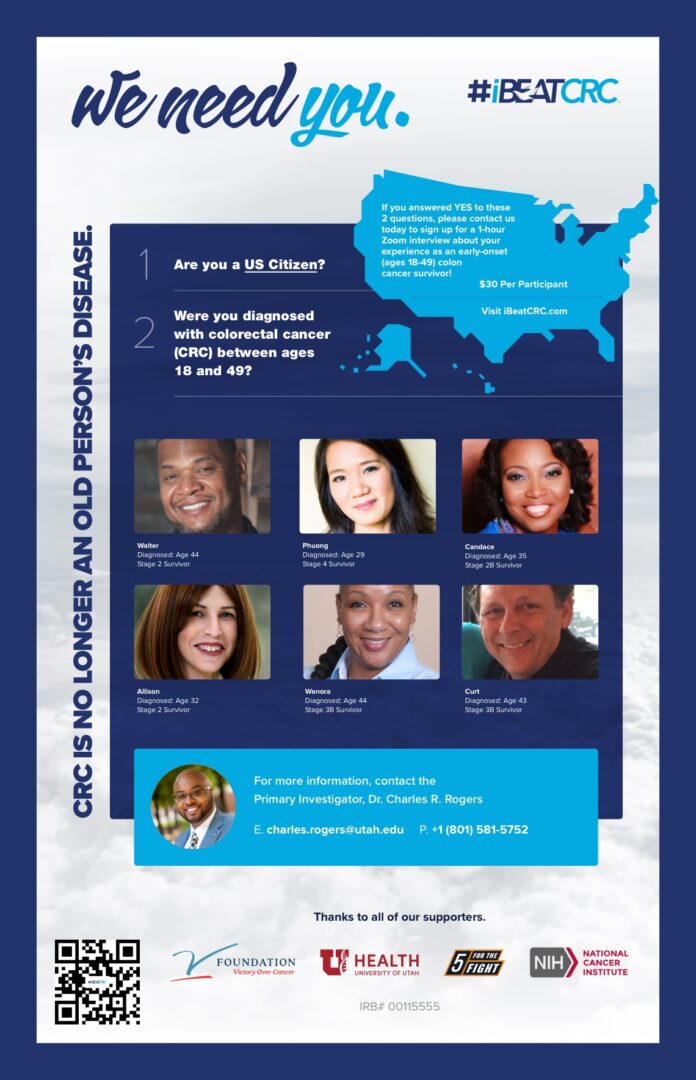
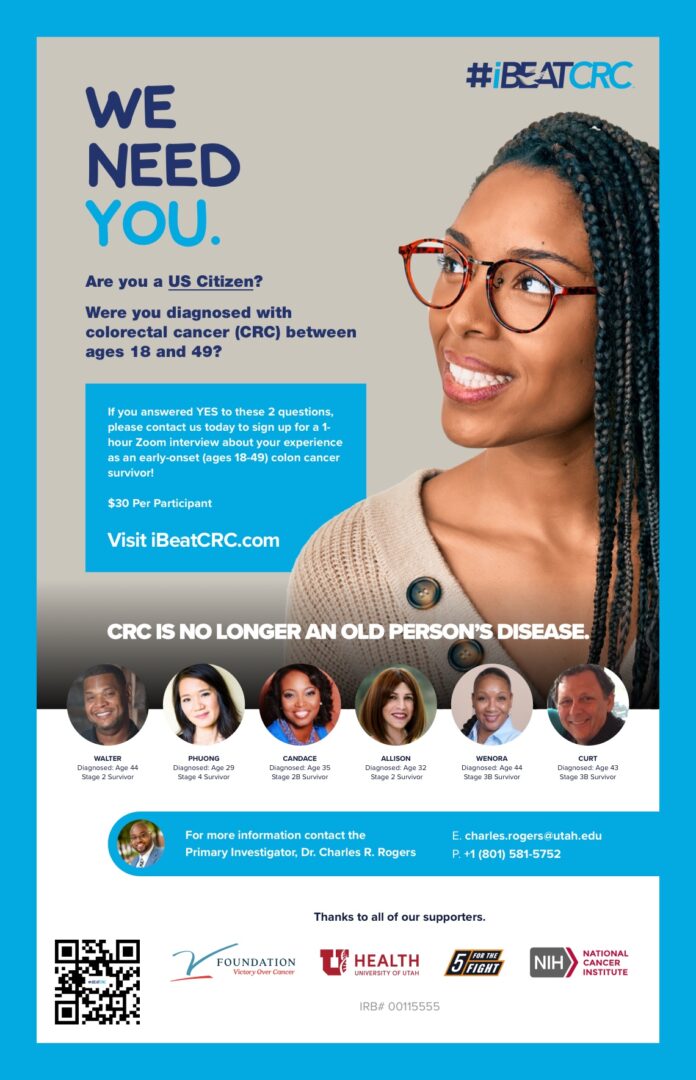
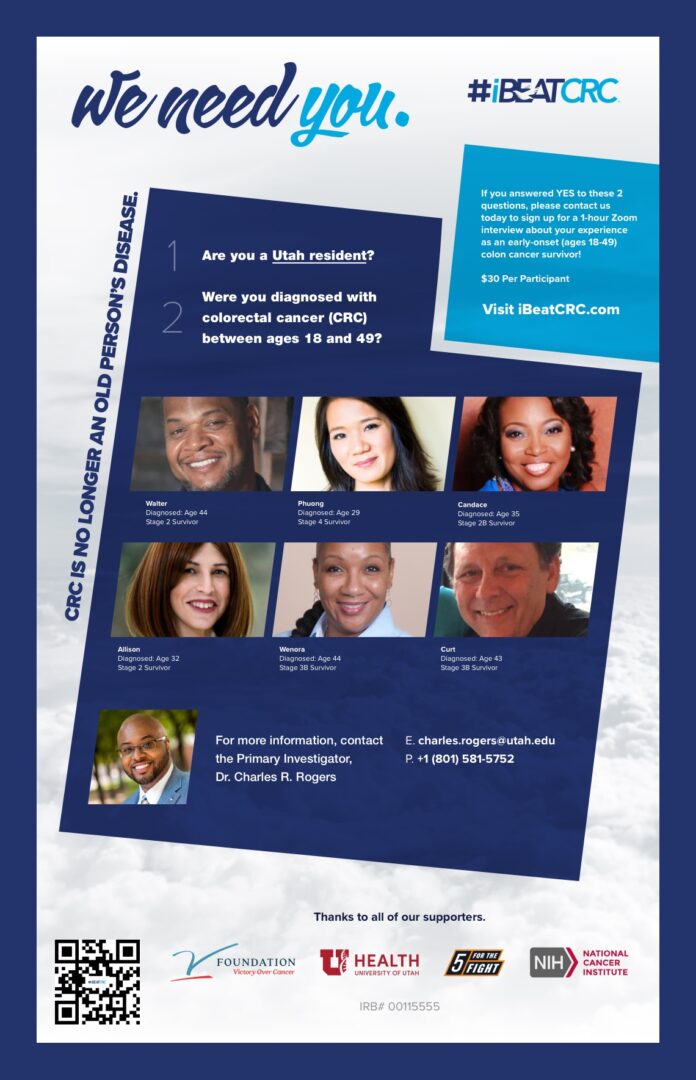
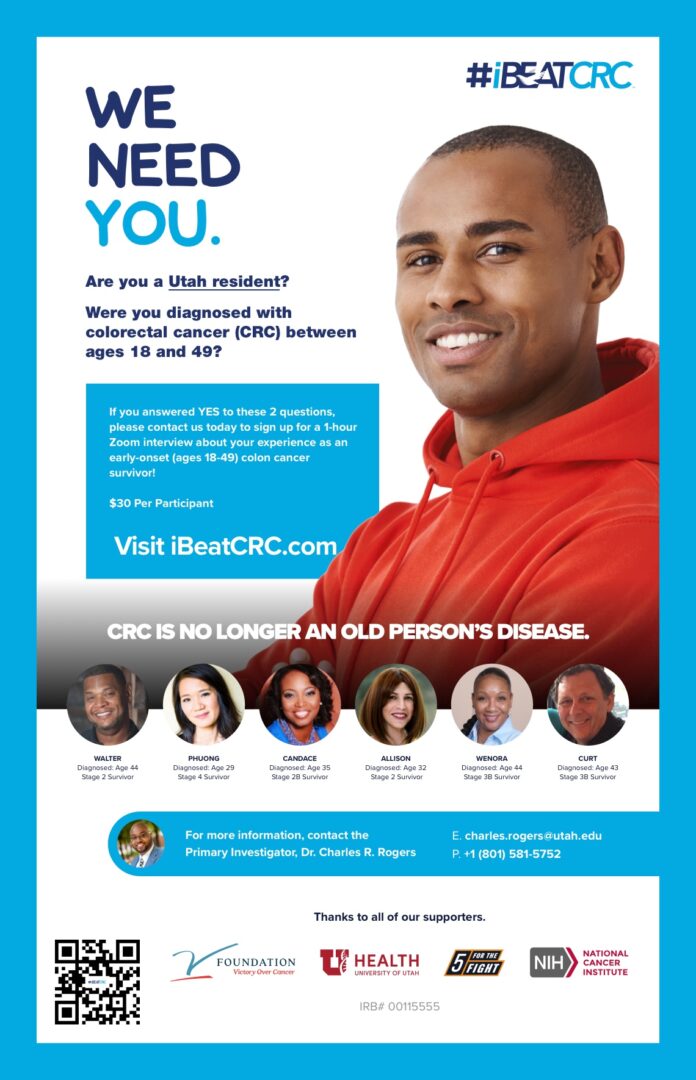
2023
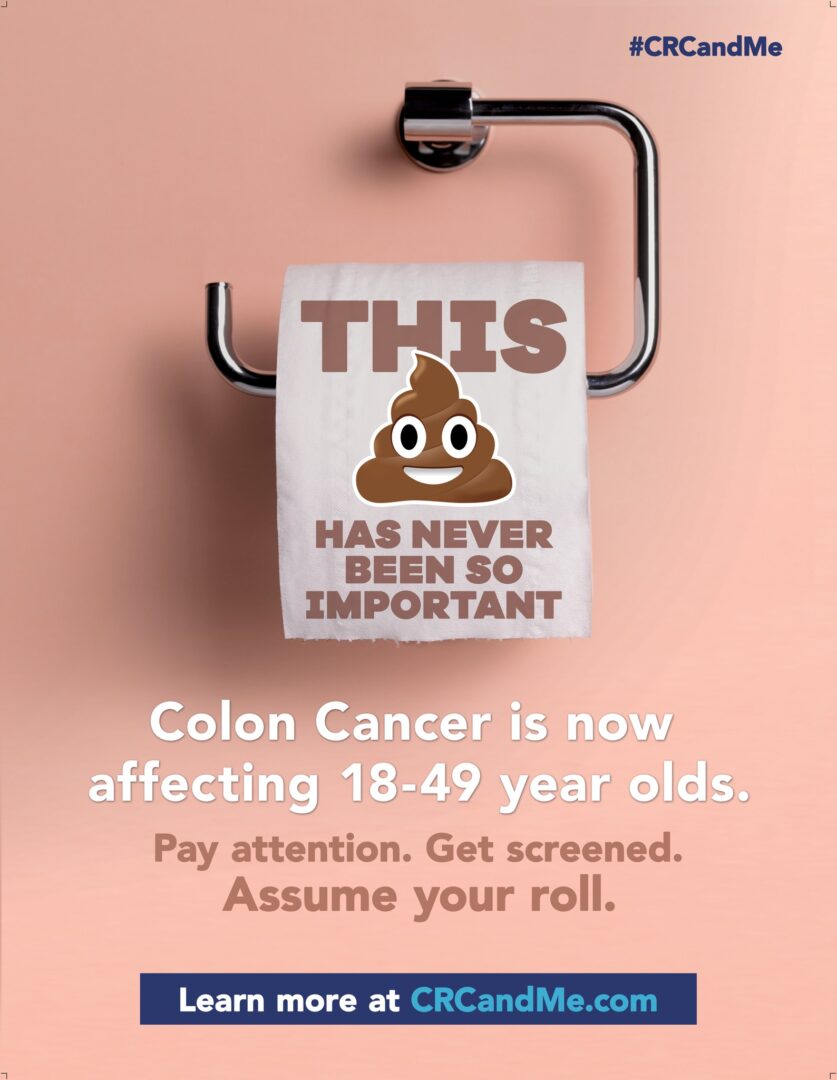
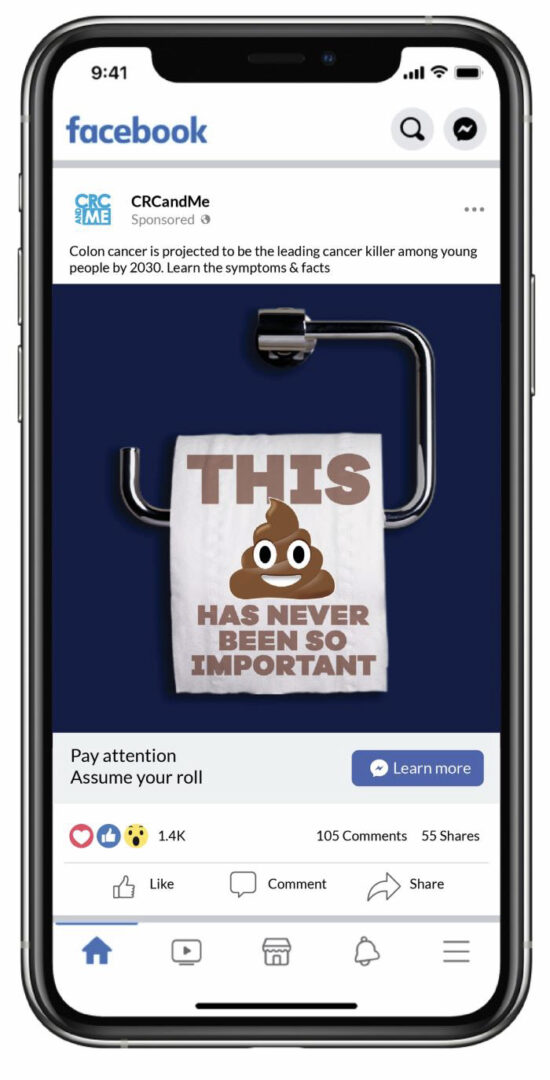

2024
